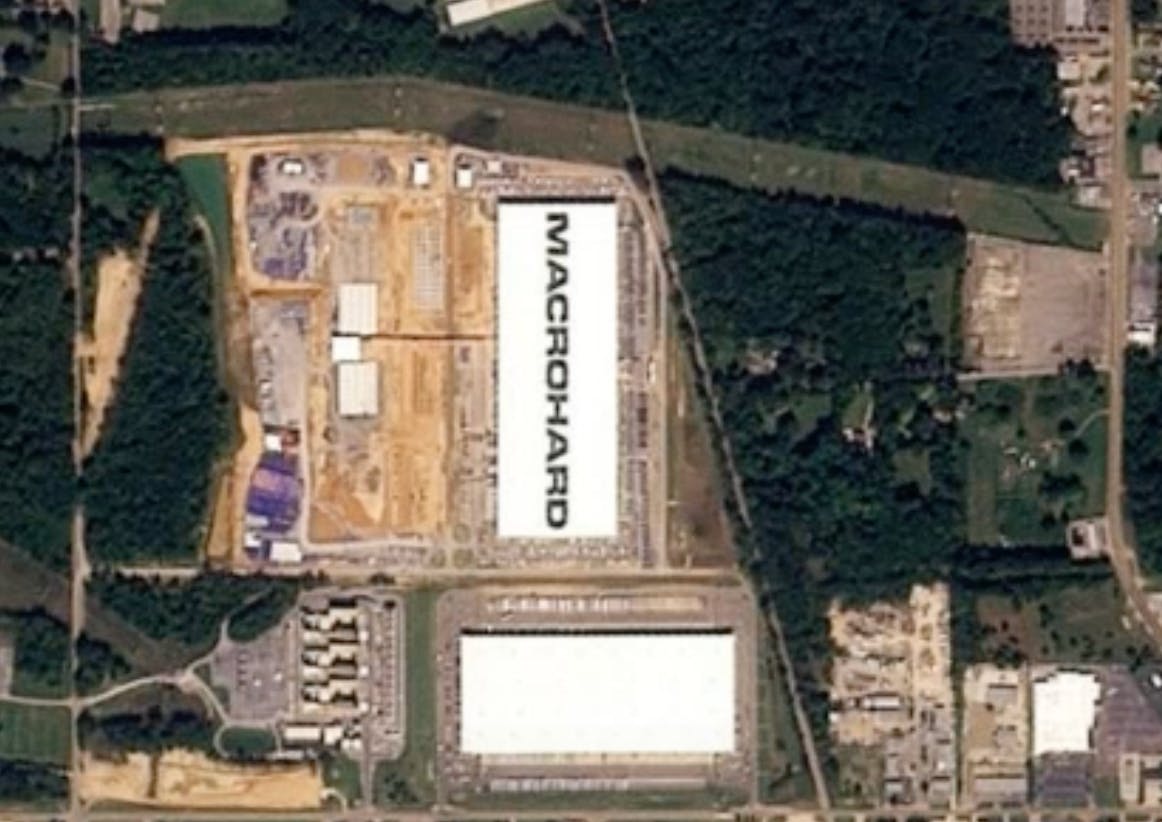Elon Musk’s Colossus 2 data center is MACROHARD
Satellite photos of the roof of xAI’s new Colossus 2 data center shout a message to the world that it aims to take on Microsoft.
You can’t say Elon Musk doesn’t follow through on his weirdest side quests.
In August, Musk posted on X that xAI was going to build software to compete with Microsoft’s ubiquitous productivity apps. As he likes to do, Musk picked a name that would make middle school boys giggle: MACROHARD.
Musk explained: “In principle, given that software companies like Microsoft do not themselves manufacture any physical hardware, it should be possible to simulate them entirely with AI.”
Musk’s followers weren’t sure if this was just another meme-worthy gag, but he doubled down on the project in follow-up posts.
Musk posted that xAI was so serious about building the MACROHARD software suite that he would emblazon the name on the roof of the company’s 1-gigawatt Colossus 2 data center in South Memphis, Tennessee:
We are literally painting MACROHARD on the roof of the Colossus II supercompute cluster in Memphis big enough so you can read it from space
— Elon Musk (@elonmusk) September 16, 2025
We have been monitoring the Colossus 2 site from satellite photos, and Planet Labs helped us out with some great shots of the new signage, which can in fact be seen from space.
On October 9, the roof of the larger of the two main buildings at the Colossus 2 site was a featureless white. But by October 11, the first large letters appeared on the roof. By October 13, the work was complete.
The data center sits on the southern border of Tennessee, to take advantage of imported energy from Alabama, coming from the power plant it operates just down the road from Colossus 2.
Musk is reportedly racing to finish construction of the site, but needs another $18 billion to secure the remaining 300,000 Nvidia GPUs to power the facility, which will be used for running and training xAI’s Grok AI model.
